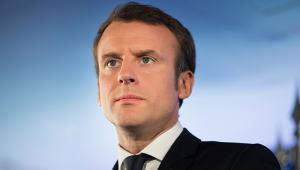web_beirut_istock-546787062.png

Beirut, Lebanon
The small Middle Eastern country is reeling from an economic crisis that began more than a year ago, which has been exacerbated by Covid-19 and a devastating explosion in its capital city Beirut in August.
Poverty and food insecurity have skyrocketed, public services have collapsed and a political crisis has left Lebanon without a formal government.
More than €280m of humanitarian aid was sent to Lebanon after the Beirut blast, but future economic help depends on the implementation of the package of reforms – known as ‘Reform, Recovery, Reconstruction’ and prepared by the UN, World Bank and European Union.
The ‘3RF’ framework entails reforms such as a “forensic audit” of the central bank, the implementation of an anti-corruption strategy and the creation of a “credible and sustainable path to fiscal sustainability”.
It also calls on the government to conduct a transparent investigation into the cause of the explosion, prepare the 2021 budget – including a “strong programme” of social protection – and adopt a new public procurement law to ensure transparency.
“Lebanon is in financial bankruptcy, but still has the potential to be a successful state if reforms are implemented quickly,” a statement from Macron and the UN read.
“The conference made it possible to start thinking about the necessary overhaul of the Lebanese economic model.”
The reforms also depend on progress in talks with the IMF on restructuring the country’s debt and stabilising its economy.
IMF managing director Kristalina Georgieva spoke at the conference, outlining her endorsement of the framework and the fund’s commitment “to do [its] part to help transform these principles into a viable reform programme to restore the solvency in public finances”.
“Regrettably, despite our multiple engagements at technical level on a variety of issues over the past four months, in the absence of an empowered government we have not gone very far in advancing the preparation of a comprehensive stabilisation and reform programme,” she said.













